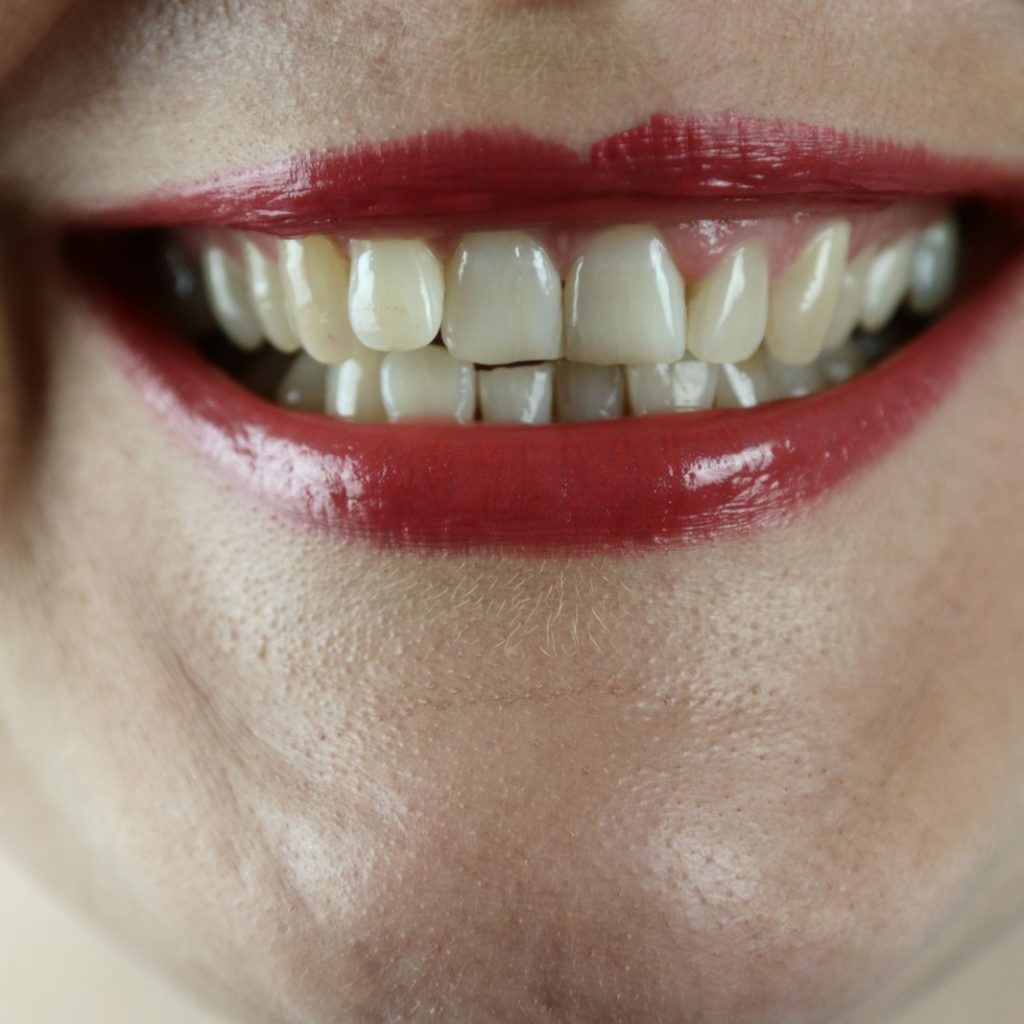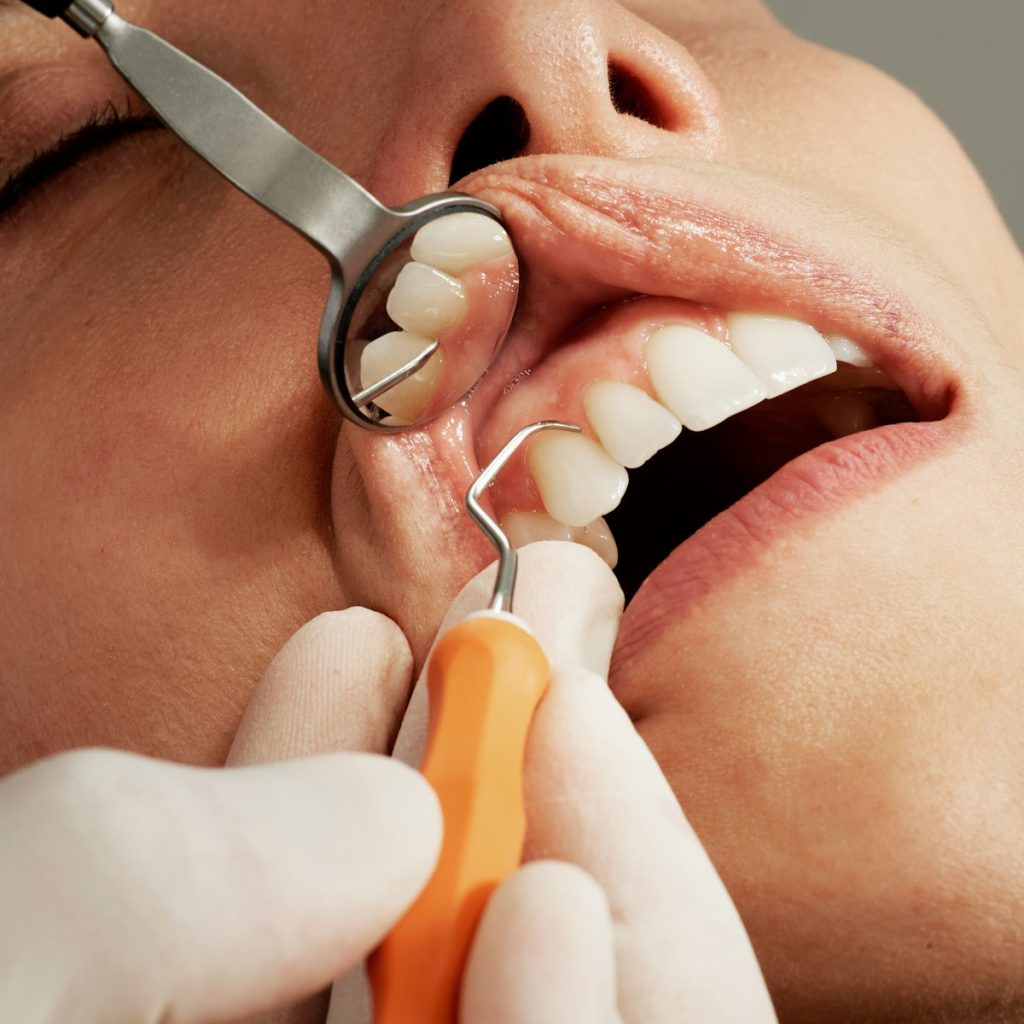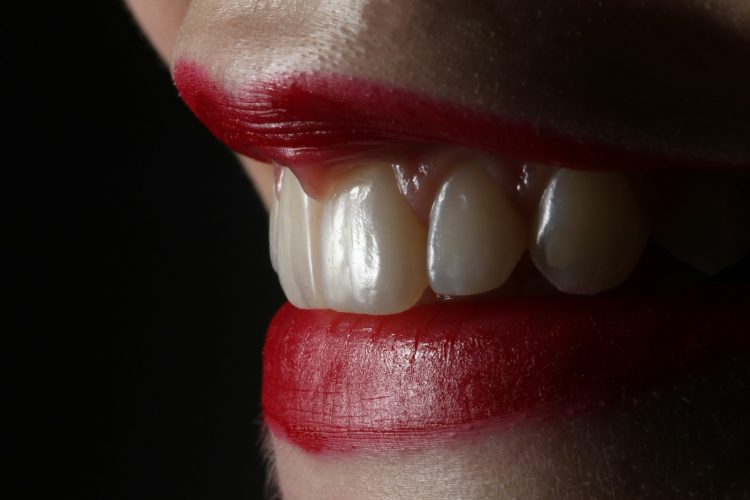GLP-1 agonists are pivotal in regulating blood sugar levels and aiding with weight loss. GLP-1 is a naturally occurring hormone in the body, but its medications can help tremendously with treating type 2 diabetes.
However, with GLP-1 agonists being on the rise for weight loss, researchers are digging extensively into its side effects, and a dentist revealed how these drugs can impact the teeth.
The drug is growing popular day by day
Despite GLP-1 agonists such as Ozempic not being FDA-approved for weight loss, celebrities and the general public alike are all over it for weight loss.
Consequently, the public as well as the researchers are looking into the drug and how it affects the human body.
People’s interest peaked in its effect on teeth

Hello! Magazine revealed some interesting Google Trends data where searches for “Ozempic + Teeth” surged by 216% in just one week.
Dentist Dr. Sofina Ahmed of Viva Dental spoke to the magazine about GLP-1 agonists’ effect on the mouth and teeth.
It indeed affects the mouth and teeth

“It can be a surprise for patients. They focus on weight loss and don’t realize how much it can affect oral health. But saliva, chewing activity, and hormonal balance all play a vital role in maintaining a healthy smile,” Dr. Ahmed said to Hello! Magazine.
It can lead to dry mouth and other risks

The use of GLP-1 agonists can lead to having a dry mouth, meaning that saliva production is reduced, leaving the teeth subject to diseases, such as fungal infections and ulcers on the tongue, gums, and cheeks, and decay.
“Without enough saliva, food particles and acids aren’t washed away. This creates the perfect environment for bacteria to thrive,” Dr. Ahmed explained. Having a dry mouth and an acidic environment in the oral cavity leads to bacteria causing tooth decay.
The drug also affects smiles

Patients on the drugs reported feeling increased tooth pain with hot, cold, or sweet food and drinks. Dr. Ahmed warned that if left untreated, the impacts can “lead to enamel erosion or receding gums.”
Receding gums can influence your smile and face negatively. “Fat loss in the cheeks and jawline can cause gums to shrink and smiles to look aged or sunken,” the dentist added.
Dr. Ahmed has the solution

The dentist encouraged GLP-1 agonist users to drink water consistently, maybe even with sugar-free electrolyte tablets to help with absorption. Additionally, sucking on sugar-free mints and gums can help tremendously with saliva production.
Fluoride-rich toothpaste is handy, too, but refer to your dentist first especially if there is tooth sensitivity or decay. Also, avoid highly acidic and sugary food and drinks to reduce the risk of tooth decay. Most importantly, inform your dentist if you’re on GLP-1 agonists as they affect treatment decisions and monitoring plans.
















































